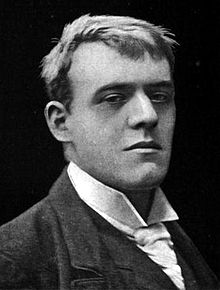
1. The argument:
As civilized people we have always known that slavery is bad, but for most of our history we've accepted it. We assumed that if we tried to end slavery the bad in human nature would soon bring it back. The good we try to put into our societies must war with the bad others will always put back in. Society was a lost cause, an imperfect tool. Only in one's personal life could one hope for meaning. History had too much inertia, too much that reflected the bad in human nature, working against us.
But for a period of time in Europe, roughly the Middle Ages, after centuries of the influence of Christianity, the majority of people lived on their own property and slavery was ended. It is back now.
People who own no property, and work for wages, are slaves because they have no ability to say no to any contract. Almost anything can be demanded of them short of death, because the alternative to accepting the contract is death. Belloc observes that the return of slavery is a result of a moral collapse, a return to the belief that fairness is impossible.
2. Belloc's words urge another return:
Free men were once owners, had co-operative and instinctive institutions for the protection of ownership which society spontaneously bred.With a sufficient will and sufficient social vitality property ownership could be restored to the many, but it seems an oddity and doubtful.The Capitalist State, a few owning property, breeds a Communist Theory which in action produces something utterly different: a slave state.Laws defend property as a normal institution with which all citizens are acquainted. Society collapses when property ownership becomes rare.If you conclude property in itself is no evil but only the small number of its owners then your remedy is to increase the number of owners.There are but three social arrangements which can replace Monopoly Capitalism: Slavery, Socialism, and Property Owned by Many.Our government has become an engine for protecting the few owners against the despair and demands of their dispossessed fellow-citizens.Contracts today are arrangements which one person is free to take or to leave, but which the other person is free to take or starve.Society faces collapse because of the difference between the moral theories and social facts, and the anxiety and peril it imposes on the property-less vast majority.Capitalization of a new process is not linked with the idea of a few employing owners and a mass of employed non-owners working at a wage.All most of us may hope for is the amelioration of our lot by regulations and by control from above, but not by property, not by freedom.